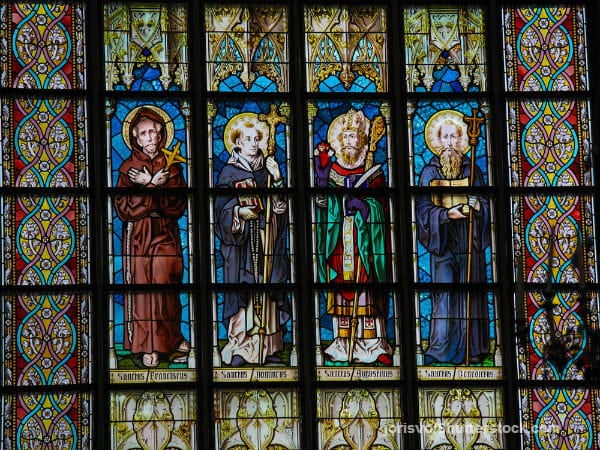Reprinted with permission from The Gallup Organization.
Millions of Americans today are seeking help for psychological, physical, emotional, or spiritual problems in small nurturing and caring groups, as determined by a recent Gallup Institute survey. A long-term trend line does not exist, but we may be seeing a groundswell of small group involvement based on the popularity of self-help groups, the new interest in and sophistication about addictions, and the fact that many church people find the usual church setting too impersonal for dealing with their deep intimate needs.
At the time of the study, four in ten Americans were involved in small groups that meet regularly for care, support, and nurturing, with and additional 7 percent expressing interest in joining such groups, The majority of participants reported that they had been involved in the activity for three or more years, so we are not talking about a fad but a remarkable sociological phenomenon.
The factors that may have led--or perhaps driven--Americans to seek the solace and healing environment of small groups include:
Addiction. As a society we are addicted not only to chemicals, but to possessions, success, wealth, and a self-indulgent lifestyle.
The small-group movement appears to be bringing us back together, answering what would appear to be one of the central needs of our era--the need for intimate and healing community. Americans are close to the end of their emotional resources. As a society we are reaching out to each other for support with a new sense of urgency and are seeking connectedness to a higher power, which for most Americans means a God who is personal and approachable.
Our research reveals the great potential of such groups for both inner personal and social renewal. Many participants say that as a result of participation in small groups they are more honest with themselves, better able to forgive others, more understanding of different religious perspectives, and closer to God.
One of the benefits of Christian small groups is the enrichment and deepening of our prayer lives, which tend to be shallow and underdeveloped. Small groups can also build up a church by serving both as an entrance to the church community as well as a support to those who find the church setting too impersonal.
In terms of the society as a whole, small groups are clearly meeting some of the most basic needs of the American people--for purpose in life, for a sense of community, for appreciation and respect, and for practical help in developing a mature faith.

